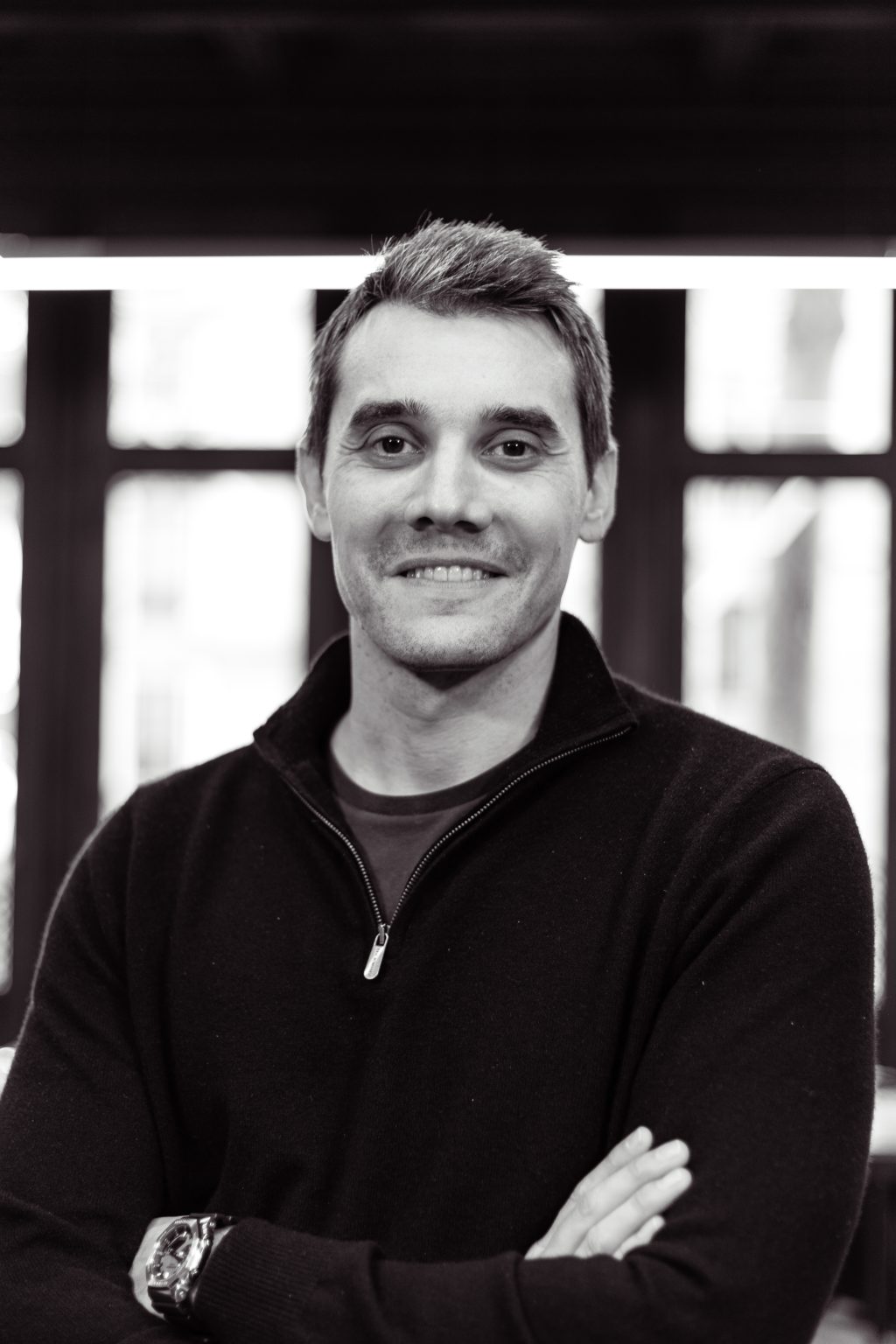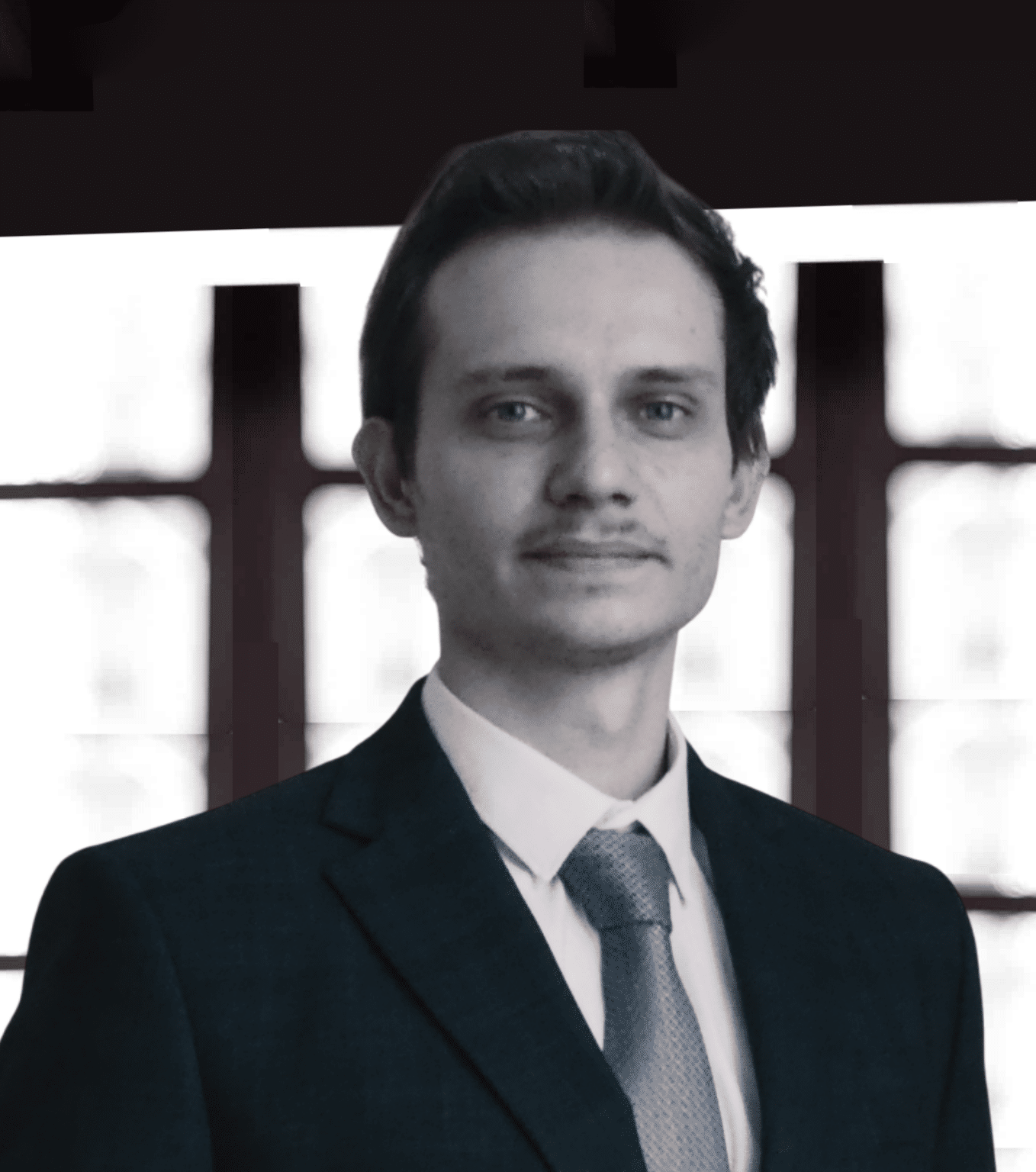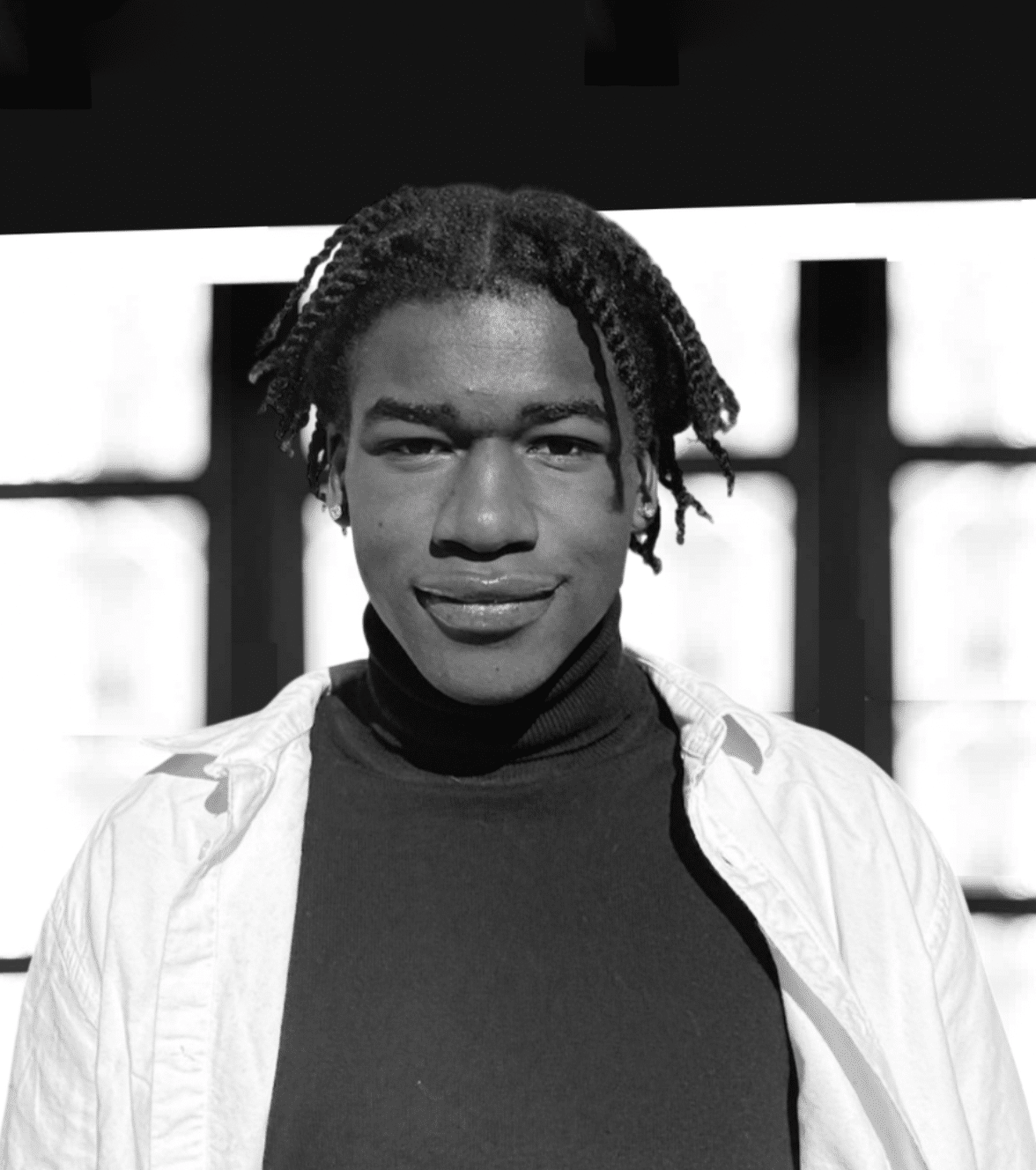Lorène Weber Policy officer for Youth, Confrontations Europe Html code here! Replace this with any non empty text and that's it. Throughout the year 2019, Confrontations Europe conducted a transnational and youth-oriented project: the Solidarity Tour. Young Europeans, representing eight nationalities, met and exchanged during participative and intercultural seminars in six European countries, to issue recommendations and discover their shared history. FROM LILLE TO BELGRADE: ENGAGING YOUNG EUROPEANS INTO A EUROPEAN DEBATE Integration in the labour market, social Europe, regional and international mobility, immigration and asylum, values of the European Union, democracy… These topical issues were debated all year round, during regular meetings between young European citizens. Coming from Germany, Belgium, France, Greece, Hungary, Poland, Czech Republic and Serbia, these young people of various backgrounds (high school students, university students, jobseekers, artists, independents…), sometimes disadvantaged ones, had the opportunity to share experiences, debate and issue recommendations on these subjects of
Ce contenu est réservé aux abonné(e)s. Vous souhaitez vous abonner ? Merci de cliquer sur le lien ci-après -> S'abonner












